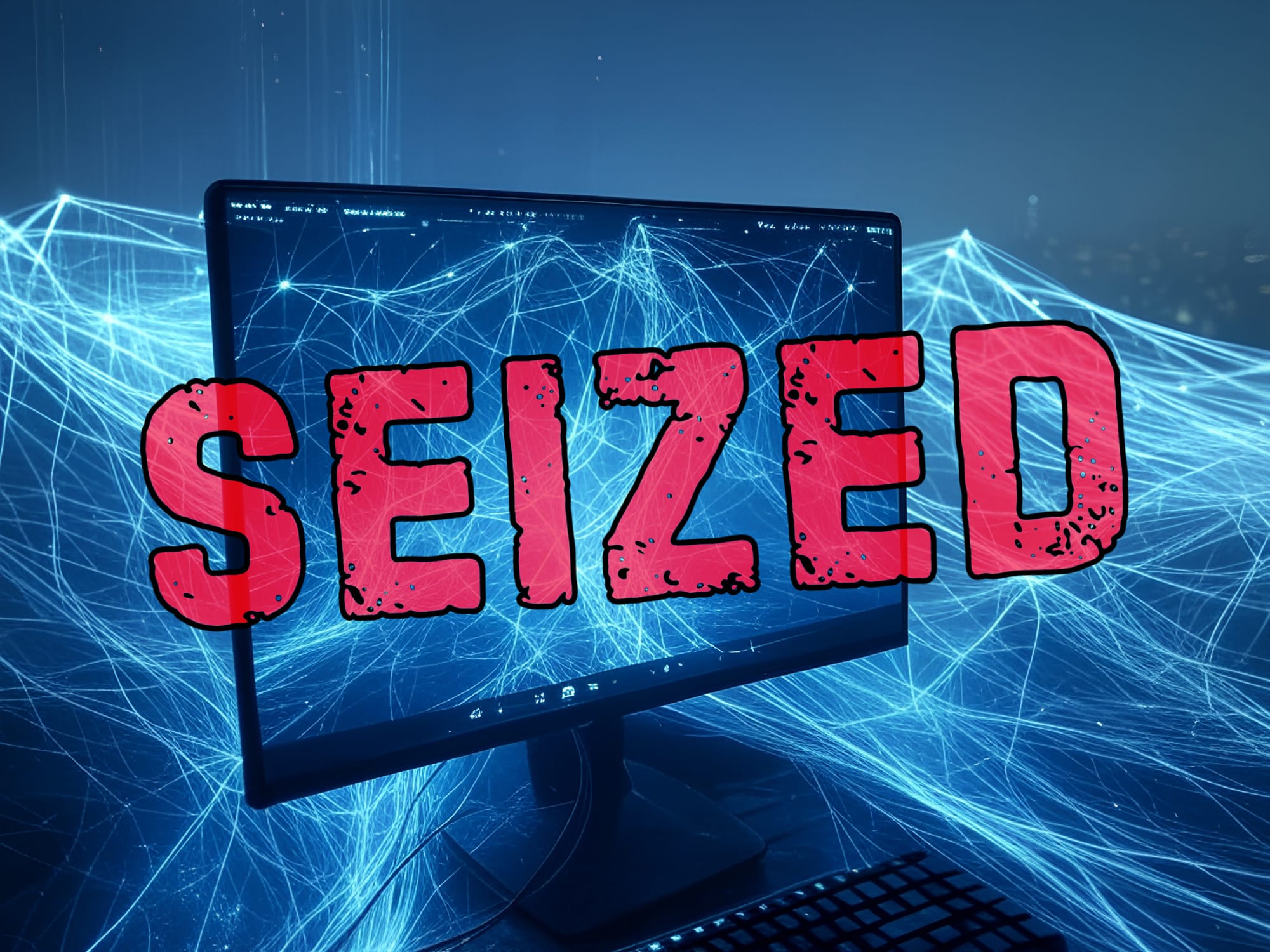Blender and Sinbad Crypto Mixers Shut Down, Operators Face Money Laundering Charges

In a significant crackdown on cryptocurrency-related crime, a federal grand jury in the Northern District of Georgia has charged three Russian nationals with money laundering and operating unlicensed money transmitting businesses. The individuals, Roman Vitalyevich Ostapenko, Alexander Evgenievich Oleynik, and Anton Vyachlavovich Tarasov, are accused of running two crypto mixers, Blender.io and Sinbad.io, which have been used in the obfuscation of cryptocurrency transactions.
The U.S. Department of Justice announced these charges today, highlighting the ongoing battle against the use of crypto mixers. The indictment alleges that the trio engaged in activities that not only facilitated money laundering but also compromised public safety and national security by providing a platform for cybercriminals, including state-sponsored hacking groups.

The Role of Crypto Mixers in Crime
Crypto mixers like Blender.io and Sinbad.io function by mixing the cryptocurrency from various users, making it nearly impossible to trace individual transactions back to their sources. This anonymity has made these services a target for law enforcement, particularly after high-profile cases involving significant cryptocurrency thefts. For example, in 2022, the U.S. Treasury Department sanctioned Tornado Cash, another mixer, for its alleged role in laundering hundreds of millions in crypto, including funds stolen by North Korea's Lazarus Group.
The case against Blender and Sinbad underscores a pattern of misuse by criminal entities. Blender was sanctioned by the United States in May 2022 following revelations that North Korean hackers laundered $20.5 million through the mixer after the Axie Infinity hack, which saw around $600 million stolen. Blockchain analytics firm Elliptic later suggested that Sinbad was essentially a rebranded version of Blender, operated by the same individuals, continuing the cycle of financial obfuscation.
Principal Deputy Assistant Attorney General Brent S. Wible emphasized the gravity of the situation, stating that these mixers act as "safe havens" for laundering money from activities like ransomware and fraud, thereby undermining both public safety and national security. Blender's policy of not keeping logs and deleting transaction details further complicated law enforcement efforts until its operations ceased in 2022, with Sinbad taking over shortly thereafter until its shutdown by law enforcement on November 27, 2023.
Ostapenko faces severe charges, including one count of conspiracy to commit money laundering and two counts related to operating without a money transmitting license. Both Oleynik and Tarasov are charged with one count each for similar offenses. If convicted, they could face up to 20 years in prison for money laundering and an additional five years for each count of operating an unlicensed business. While Ostapenko and Oleynik were apprehended, Tarasov remains uncaptured.

